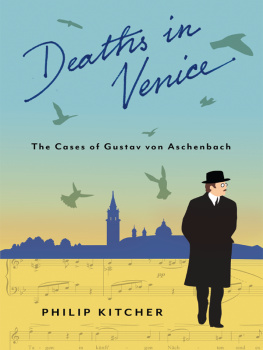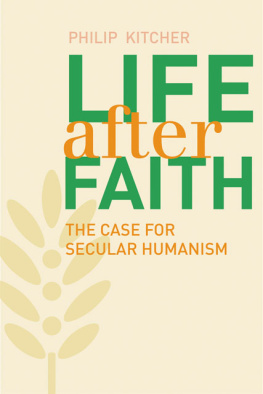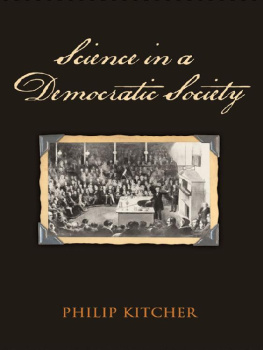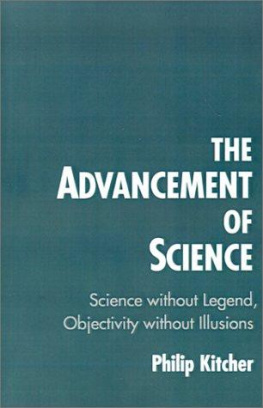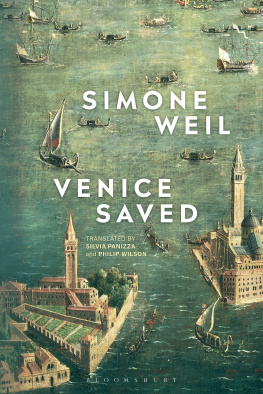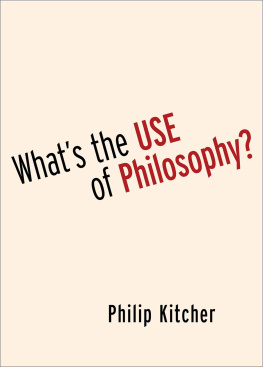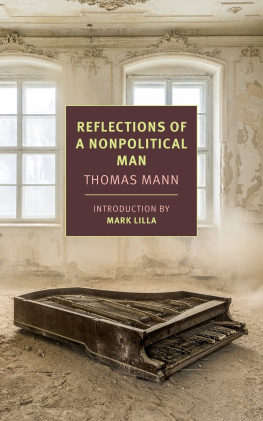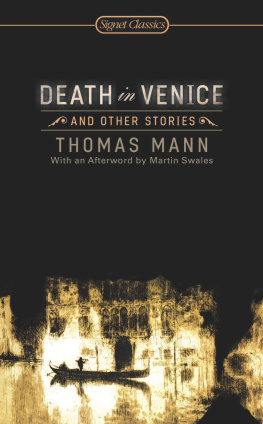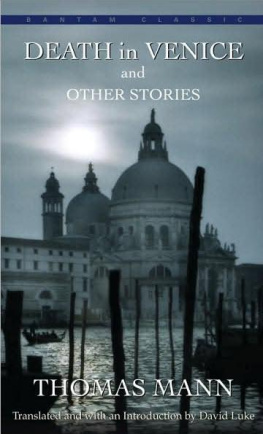DEATHS IN VENICE
LEONARD HASTINGS SCHOFF LECTURES
UNIVERSITY SEMINARS LEONARD HASTINGS SCHOFF MEMORIAL LECTURES
The University Seminars at Columbia University sponsor an annual series of lectures, with the support of the Leonard Hastings Schoff and Suzanne Levick Schoff Memorial Fund. A member of the Columbia faculty is invited to deliver before a general audience three lectures on a topic of his or her choosing. Columbia University Press publishes the lectures.
David Cannadine, The Rise and Fall of Class in Britain, 1993
Charles Larmore, The Romantic Legacy, 1994
Saskia Sassen, Sovereignty Transformed: States and the New Transnational Actors, 1995
Robert Pollack, The Faith of Biology and the Biology of Faith: Order, Meaning, and Free Will in Modern Medical Science, 2000
Ira Katznelson, Desolation and Enlightenment: Political Knowledge After the Holocaust, Totalitarianism, and Total War, 2003
Lisa Anderson, Pursuing Truth, Exercising Power: Social Science and Public Policy in the Twenty-First Century, 2003
Partha Chatterjee, The Politics of the Governed: Reflections on Popular Politics in Most of the World, 2004
David Rosand, The Invention of Painting in America, 2004
George Rupp, Globalization Challenged: Conviction, Conflict, Community, 2007
Lesley A. Sharp, Bodies, Commodities, and Technologies, 2007
Robert Hanning, Serious Play: Desire and Authority in the Poetry of Ovid, Chaucer, and Ariosto, 2010
Douglas A. Chalmers, Reforming Democracies: Six Facts About Politics That Demand a New Agenda, 2013
Deaths in Venice
THE CASES OF
GUSTAV VON ASCHENBACH
Philip Kitcher

Columbia University Press
New York
Columbia University Press
Publishers Since 1893
New York Chichester, West Sussex
cup.columbia.edu
Copyright 2013 Columbia University Press
All rights reserved
E-ISBN 978-0-231-53603-5
Library of Congress Cataloging-in-Publication Data
Kitcher, Philip, 1947
Deaths in Venice : the cases of Gustav von Aschenbach / Philip Kitcher
pages cm. (Leonard Hastings Schoff Memorial Lectures)
ISBN 978-0-231-16264-7 (cloth : acid-free paper)
ISBN 978-0-231-53603-5 (e-book)
1. Mann, Thomas, 18751955. Tod in Venedig. 2. Philosophy in literature.
I. Title.
pt2625.a44t6438 2013
833.912dc23
2013007247
A Columbia University Press E-book.
CUP would be pleased to hear about your reading experience with this e-book at .
Jacket design by Julia Kushnirsky
References to websites (URLs) were accurate at the time of writing. Neither the author nor Columbia University Press is responsible for URLs that may have expired or changed since the manuscript was prepared.
For Isaac, and in memory of Sidney
CONTENTS
During the 1990s, when I was teaching at the University of California at San Diego, I had several conversations with Carol Plantamuramusic teacher, colleague, and good friendabout the possibility of a course that would focus on operas and their literary or dramatic sources. We planned to explore the ways in which central ideas, including philosophical ideas, were treated differently in the opera or in the story or play. I no longer remember all the possible pairings we discussed, but I recall the examples we definitely planned to use: Otello and Othello, Wozzeck and Woyzeckand Death in Venice and Death in Venice.
The course was never taught, but, after my move to Columbia, I continued to think about the guiding idea and, as I read and reread Thomas Mann, about the example of Death in Venice in particular. Along the way, I became convinced that Luchino Viscontis film also belonged in the mix, although more for its use of Mahlers music than as an artistic work in its own right.
When Robert Belknap honored and delighted me with an invitation to deliver the Schoff Lectures, I saw it as a wonderful occasion for working out something I had pondered for a while. The Schoff Lectures offer Columbia faculty an opportunity to go in new directions, to cut across disciplinary lines with assistance from an audience of wide-ranging experts. I have tried to take advantage of that opportunity, and, although I cannot possibly claim to be a specialist about any, let alone all, of Mann, Britten, and Mahler, I hope readers will welcome an approach that seeks connections not only among them but also to philosophy, and that experts will not feel I have abused the license.
I began working out those connections during a sabbatical in Berlin, when I was a visitor at the Max Planck Institut fr Wissenschaftsgeschichte. There, Michael Gordin, Tania Munz, and I formed a collective, die Tod-in-Venedig Gruppe, in which we discussed Manns novella, and our conversations were immensely illuminating for me. I was also extremely fortunate to be able to participate in an informal discussion group at the Wissenschaftskolleg, with Moira Gatens and Candace Vogler, from both of whom I have learned much about philosophy in/ and/of literature.
My time in Berlin prepared me to write the original lectures, and I am most grateful for the fortitude of those who came out in frigid winter weather to hear them. I learned from many good questions, and I was encouraged by the interest expressed. I owe a particular debt to three friends and colleagues who provided wonderful introductions: many thanks to Edward Mendelson, Wayne Proudfoot, and, especially, Fred Neuhouser.
The lectures were extended to a full book manuscript during the spring and summer of 2011. Columbia University Press obtained the services of two extremely careful and constructive readers, Mark Anderson and Bence Nanay, whose many comments and suggestions have enabled me to make significant improvements. I have also benefited from the insightful suggestions of Moira Gatens, Lydia Goehr, Michael Gordin, Marilyn McCoy, Fred Neuhouser, Chris Peacocke, and Candace Vogler. Although I did not work on rewriting during a second period in Berlin, when I was a fellow at the Wissenschaftskolleg during the academic year 20112012, that time was full of valuable conversations about philosophy in literature and music. I am especially indebted to Jeremy Adler, Alfred Brendel, Ayse Bugra, Klaus Reichert, and Mauricio Sotelo. Their insights have helped me in composing the final version.
I feel deeply fortunate to have been able to spend the later years of my career at Columbia. Its combination of intellectual tough-mindedness, openness to new ideas, and readiness to foster connections across many different disciplines makes it, in my experience, a uniquely stimulating environment. I have learned much from colleagues and friends not only across the full range of the arts and sciences, but beyond.
My dedication is intended to acknowledge the ways in which discussions at Columbia have changed my thinking. Two senior colleagues (andagainfriends), my immediate predecessors as John Dewey Professor of Philosophy, have had more influence than they might have suspected. So this book is for Isaac Levi and in memory of Sidney Morgenbesser.
AMML | Alma Mahler-Werfel, Gustav Mahler: Memories and Letters (Seattle: University of Washington Press, 1968) |
Briefe | Thomas Mann, Briefe, 3 vol. (Frankfurt: Fischer, 19951996) |

